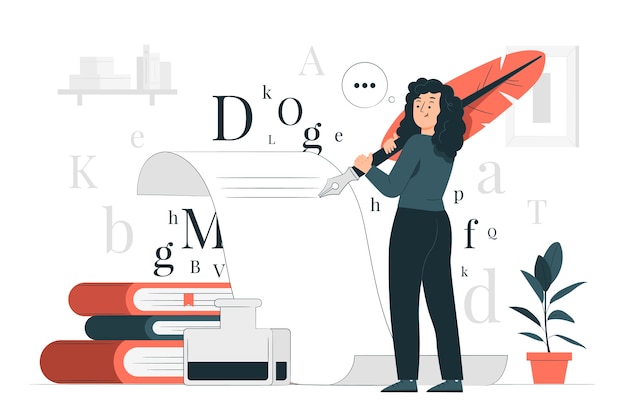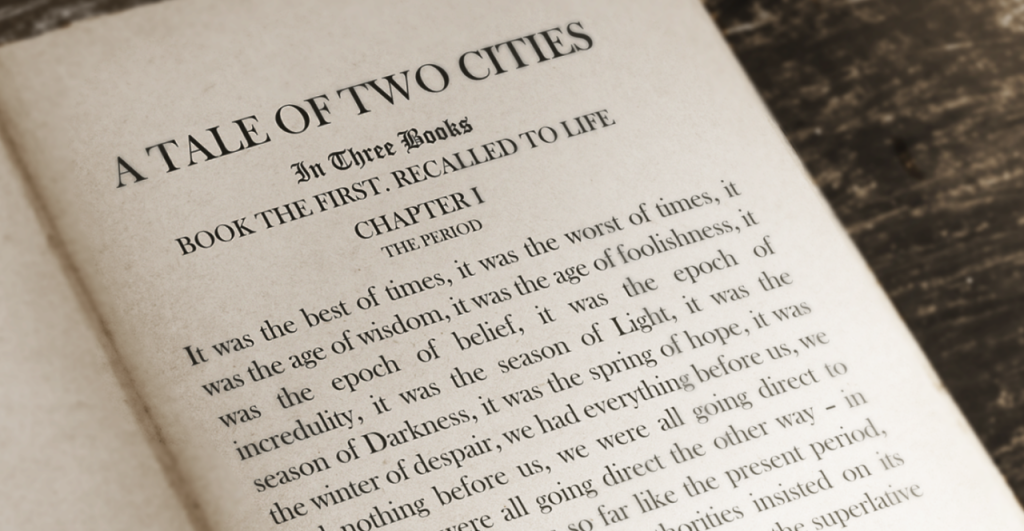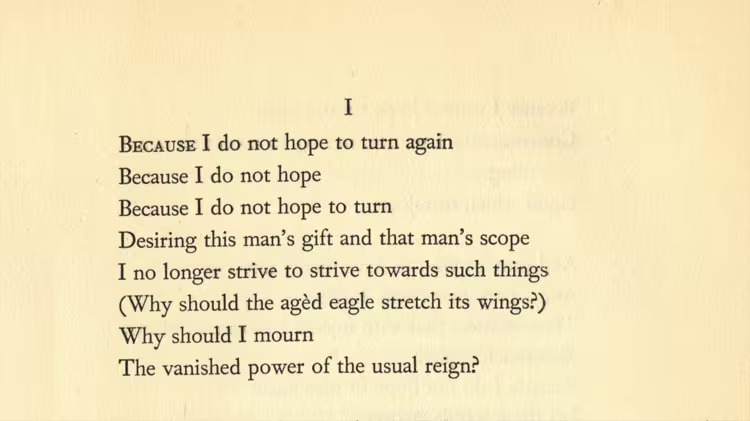Have you ever wondered why some phrases stick in your mind long after you’ve read them? The answer might lie in the artful use of repetition. Repetition, when employed skillfully, can transform ordinary words into a powerful and memorable message. In this blog post, we’’ll provide repetition examples. You’ll see how this writing technique can make your writing better and grab the attention of your readers.
Table of Contents

What Is Repetition?
Repetition in writing and speech involves intentionally using a word, phrase, or idea multiple times within a short space. When used thoughtfully, repetition enhances the power and effectiveness of your writing. It’s a way to create a rhythm or emphasis in your writing, making it stick in the reader’s mind.
Repetition serves various purposes, including:
- Emphasis: Repeating a keyword or phrase can draw attention to its importance and make it more memorable.
- Rhythm and flow: Repetitive elements can create a sense of rhythm and flow in writing or speech, making it more engaging to listen to or read.
- Emotional impact: Repetition can be used to evoke emotion, such as urgency, excitement, or sorrow.
- Clarity and memorability: In some cases, repeating information can help make it clearer and more easily remembered.
Related:
- Examples of Narrative Techniques
- Example of Argumentative Writing Techniques
- Listing Technique in Writing Examples
25+ Repetition Examples
Repetition Examples In Literature
Here are famous repetition examples in literature:
“Never, never, never give up.” – Winston Churchill
Winston Churchill’s repetition of “never” emphasizes the importance of perseverance and determination. By repeating the word, he underscores the idea that giving up should never be an option, conveying a powerful and motivating message.
“It was the best of times, it was the worst of times.” – Charles Dickens, “A Tale of Two Cities“
Charles Dickens employs repetition to create a stark contrast between the “best of times” and the “worst of times.” The repetition emphasizes the extremes, setting the tone for the tumultuous period described in the novel.

“I have a dream that one day this nation will rise up… I have a dream today!” – Martin Luther King Jr.
Martin Luther King Jr. repeats the phrase “I have a dream” to reinforce the visionary nature of his dream for a more just and equal society. The repetition adds rhetorical power and makes his speech memorable.
“To be or not to be, that is the question.” – William Shakespeare, “Hamlet”
Shakespeare uses repetition to emphasize the existential dilemma faced by Hamlet. The repetition of “to be” highlights the profound nature of the question and adds a contemplative tone to the message.
“I wandered lonely as a cloud
That floats on high o’er vales and hills…” – William Wordsworth, “I wandered lonely as a cloud“
Wordsworth employs repetition to contribute to the rhythmic quality of the poem. The repetition of the word “I” and the flowing structure enhance the musicality, creating a pleasant and engaging reading experience.
“Because I do not hope to turn again
Because I do not hope
Because I do not hope to turn…” – T.S. Eliot, “Ash-Wednesday”
T.S. Eliot uses repetition to create a contemplative rhythm in the poem. The repetition of “Because I do not hope” emphasizes the speaker’s lack of hope, contributing to the reflective and introspective mood.

“It rained on his lousy tombstone, and it rained on the grass on his stomach. It rained all over the place.” – J.D. Salinger, “The Catcher in the Rye”
The repetition of “It rained” sets a somber and reflective mood in the scene. The repetition of the weather conditions contributes to the overall atmosphere and tone of the passage.
“I hear America singing, the varied carols I hear…” – Walt Whitman
Whitman celebrates the diversity of the American people by repeating “I hear.” The repetition contributes to a sense of unity and inclusivity in the portrayal of different voices singing together.
“We shall fight on the beaches, we shall fight on the landing grounds, we shall fight in the fields and in the streets, we shall fight in the hills; we shall never surrender…” – Winston Churchill
Churchill repeats “We shall fight” to reinforce the determination and commitment to never surrender in the face of adversity. The repetition adds a resolute and defiant tone, rallying the spirit of resilience.
Repetition Examples In Various Forms Of Writing:
- “The sun was shining brightly, brightening up the whole neighborhood.”
- “He was confident, truly confident in his abilities.”
- “The old house had a mysterious, almost eerie, charm about it.”
- “She whispered softly, her voice a soft melody in the quiet room.”
- “She waited patiently, her patience enduring through the long hours.”
- “His laughter echoed, a joyful echo that filled the entire room.”
- “She smiled warmly, a warmth that radiated from her eyes.”
- “His ideas were fresh, truly fresh and innovative.”’
- “The clock ticked relentlessly, each tick echoing in the empty room.”
- “She smiled, a genuine and heartfelt smile that brightened the entire room.”
- “The forest was silent, a silence so deep that even the rustling leaves seemed to hush.” – Repetition Examples
- “The wind whispered secrets, secrets only the trees could understand.”
- “His laughter echoed through the hallway, an echo that lingered long after he left.”
- “The sun set slowly, a slow descent that painted the sky in hues of orange and pink.”
- “The crowd cheered loudly, a loud cheer that echoed in the stadium.”
- “His arguments were strong, truly strong and convincing.”
- “The clock ticked, a ticking that measured the passage of time.”
- “His smile was infectious, an infectious joy that spread to everyone around him.”
- “The raindrops fell gently, a gentle patter on the leaves.”
- “The car engine roared, a roar that echoed in the empty parking lot.”

Conclusion
Repetition is a powerful tool that adds emphasis, rhythm, and memorable qualities to our writing. Through the repetition examples we’ve explored, it’s clear that strategic repetition can transform ordinary words into impactful messages. So, the next time you pick up a pen or sit at a keyboard, consider the magic of repetition and how it can elevate your words to new heights.
Ref: Smart Blogger | Book Fox


